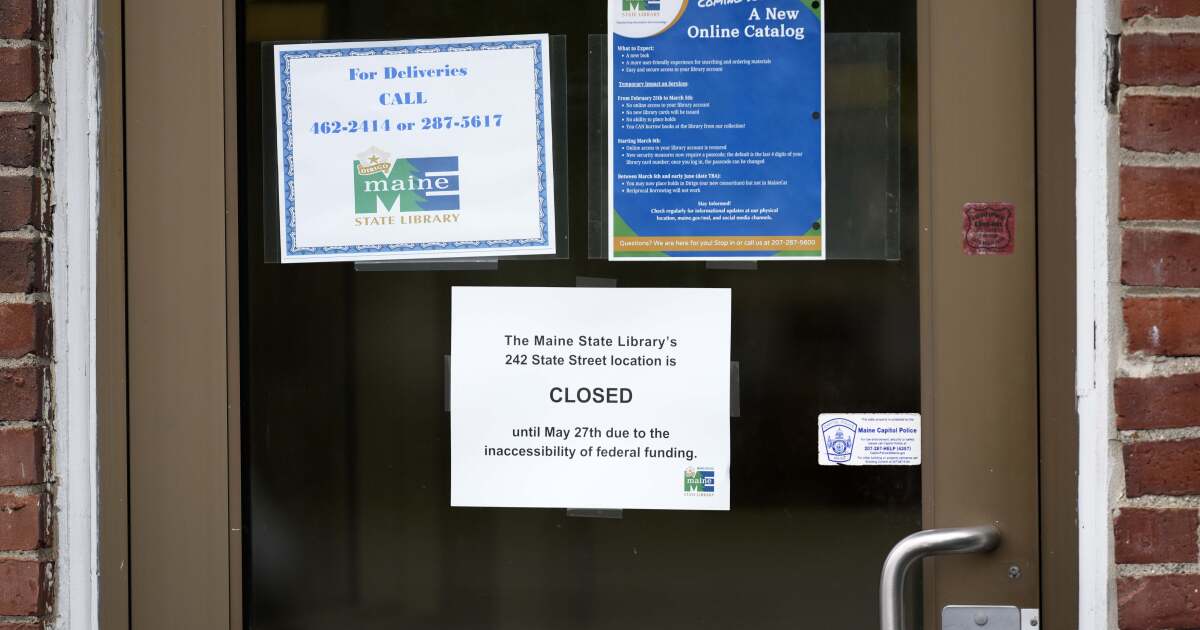INSO Ordered to Suspend Services in Nigeria

In a move that threatens to destabilise Nigeria’s already fragile humanitarian landscape, the International NGO Safety Organisation (INSO) has been ordered by the Nigerian authorities to suspend all its humanitarian support operations in the country immediately. The directive, communicated directly to INSO leadership, comes as a surprise blow to dozens of humanitarian partners across Nigeria’s conflict-affected regions.
In a statement seen by HumAngle, INSO Country Director Zeljko Toncic said, “INSO received a formal request from Nigerian authorities to suspend its humanitarian activities in the country. In strict compliance with this decision, INSO is immediately suspending all of its services to humanitarian partners in Nigeria.”
Since 2016, INSO has played a pivotal role in supporting over 110 humanitarian organisations, including international agencies and local NGOs, to navigate the complex security challenges posed by the Boko Haram insurgency in the North East, terrorism in the North West, and communal violence in the Middle Belt.
The panic among humanitarian organisations is palpable, with many describing the suspension as a devastating blow to their safety and operations.
The suspension of INSO’s services, which range from security advisories to risk mitigation training, is likely to leave humanitarian workers vulnerable at a time of heightened insecurity.
INSO has maintained that it operates on strict humanitarian principles of neutrality, impartiality, and independence, with no political affiliations or agendas. The organisation has also expressed its willingness to engage with the Nigerian government to clarify its mandate and resume operations.
Humanitarian partners are reeling from the sudden halt in security information and support, fearing that the already volatile environment will become even more perilous.
Humanitarian fallout looms
The suspension comes as humanitarian needs continue to surge in Nigeria, with over eight million people in need of aid in the North East alone, according to the UN Office for the Coordination of Humanitarian Affairs (OCHA). Aid workers, who rely heavily on INSO’s security support to operate safely in volatile areas, warn that the move could severely hamper the delivery of life-saving assistance.
“This is a serious setback. INSO’s services are critical to our risk assessments and operational planning. Without them, humanitarian workers are left to navigate these dangerous environments alone,” a humanitarian worker, speaking on condition of anonymity, told HumAngle.
The anxiety within the humanitarian community is intensifying, with fears that without INSO, aid efforts will stall, putting lives at even greater risk.
A history of tension
This latest move is not without precedent. Nigerian authorities have previously clamped down on humanitarian actors over alleged concerns about transparency, neutrality, and security operations. In 2019, two international NGOs, Action Against Hunger (ACF) and Mercy Corps, were temporarily suspended in Borno State amid allegations of aiding armed groups, claims both agencies strongly denied.
Analysts suggest that the government’s increasing scrutiny of international NGOs is rooted in broader concerns about sovereignty and national security, particularly in conflict-prone areas. However, aid organisations caution that these suspensions jeopardise not only their operations but also the lives of the most vulnerable Nigerians.
INSO’s expressed willingness to engage with authorities signals a potential path forward. Aid agencies and civil society groups are calling for immediate dialogue to ensure that humanitarian neutrality is upheld and vital services can continue uninterrupted.
“We sincerely hope that a space for dialogue may help this situation, for the benefit of the humanitarian NGOs we support and the civilian populations you serve,” Toncic wrote in his letter.
INSO’s operations in the Niger Republic were also suspended in February following refusal by the country’s junta to renew the organisation’s operational license. The organisation had been active in the country since 2020, providing support to over 132 humanitarian organisations, including 35 national, local, and international NGOs.
HumAngle will continue to monitor the situation closely and provide updates as they become available.
The International NGO Safety Organisation (INSO) has been ordered by Nigerian authorities to suspend its operations, which support over 110 humanitarian organizations in conflict-prone regions like the North East and Middle Belt. This suspension threatens to destabilize Nigeria’s fragile humanitarian efforts, as INSO provides essential services like security advisories crucial for the safety of aid workers. The halt adds to earlier instances where NGOs faced scrutiny under alleged concerns of aiding armed groups.
The Nigerian government’s increasing scrutiny is believed to concern sovereignty and national security. INSO, known for its neutrality, is open to dialogue with authorities to clarify its mandate and resume operations. The need for these services is pressing, with over eight million people needing aid in the North East. Aid organizations warn that without INSO’s support, humanitarian efforts could stall, endangering lives. INSO faced similar challenges in the Niger Republic, where its services were suspended earlier in the year.

